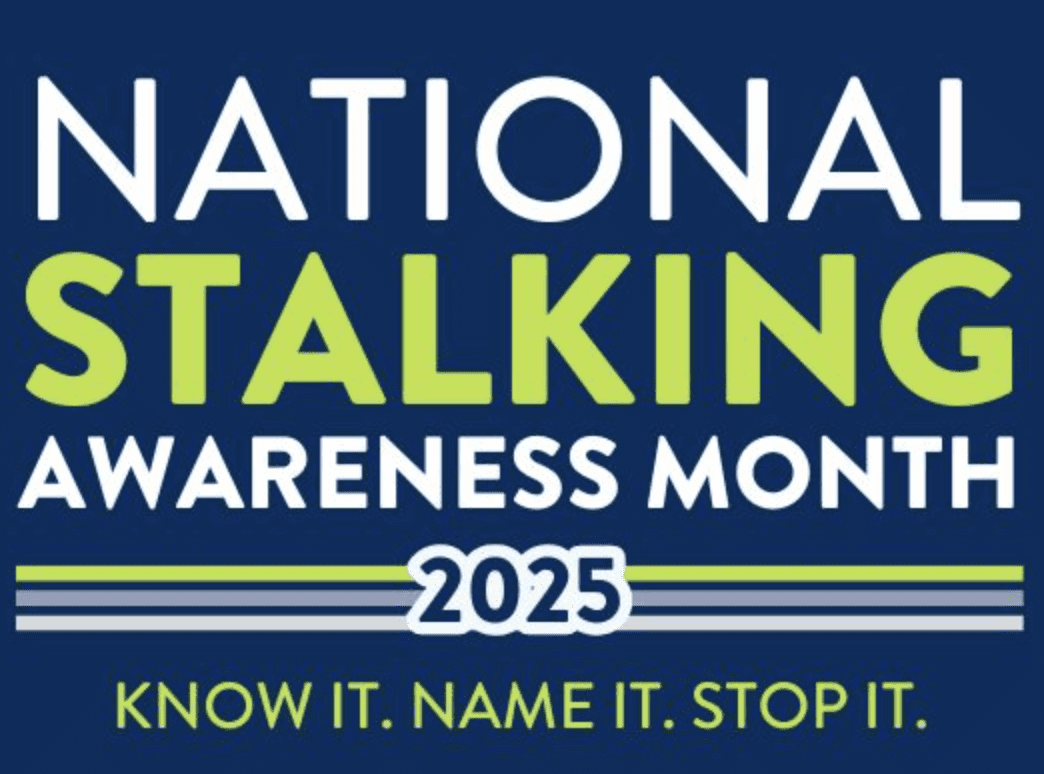There are probably many things you’d rather do than talk about finances with your parents -but it’s a conversation you need to have, because there is a lot that you need to discover. So, find a comfortable time in which to talk to your parents, approach the subject in as unemotional a manner as possible, and try to elicit the following pieces of information:
* Location of investments- It isn’t necessarily essential that you know precisely which investments your parents own. But it is important that you know some things. Do they work with a investment representative? If so, whom? Are their investments spread out among a variety of financial institutions? You’ll need to be familiar with these things in case your parents become incapacitated or die unexpectedly. State treasurers’ offices regularly advertise “unclaimed” property, including investments – some of which have simply “slipped through the cracks.”
* Health insurance – Health care expenses are a major concern of the elderly. That’s why you need to know who’s insuring your parents, and where your parents keep their health insurance cards and bills. You also should have a basic understanding of Medicare, the national health insurance program for Americans age 65 and older. Medicare pays for most doctors’ bills and related services, and it now offers some prescription drug coverage. Nonetheless, your parents may need supplemental insurance policies. Of course, the chances are pretty good that your parents already know all these things; nevertheless, it doesn’t hurt to make sure they’re well informed and that their health-care bills are under control.
* Existence of a simple will – If you don’t know if your parents have a will, now is the time to find out. And if they don’t have a will, urge them to get one. Your parents have worked hard all their lives and they undoubtedly want their assets distributed according to their wishes, and not according to a court’s decree, which is what would happen if they die “intestate” (without a will). Even if your parents have a simple will, they may still need to take further action. If you believe they have a sizable estate or want to give significant gifts to charitable groups, encourage them to consult with an attorney who specializes in estate planning.
* Willingness to create power of attorney – By creating a durable power of attorney, your parents will name someone to make financial and health care decisions on their behalf should they become unable to do so.
As you might suspect, this is a sensitive topic, so you’ll want to approach it with great care. By bringing up these issues with your parents, you can gain some valuable knowledge of their financial situation today – and a clearer understanding of what you can do to help them in the future.
Submitted by Edward Jones Representative John J. Quinnan II, Investment Representative, 12900 Old US 27, Suite 4, Dewitt, MI 48820. He may be reached at 517-668-2406 or toll Free at 877-668-2406.



